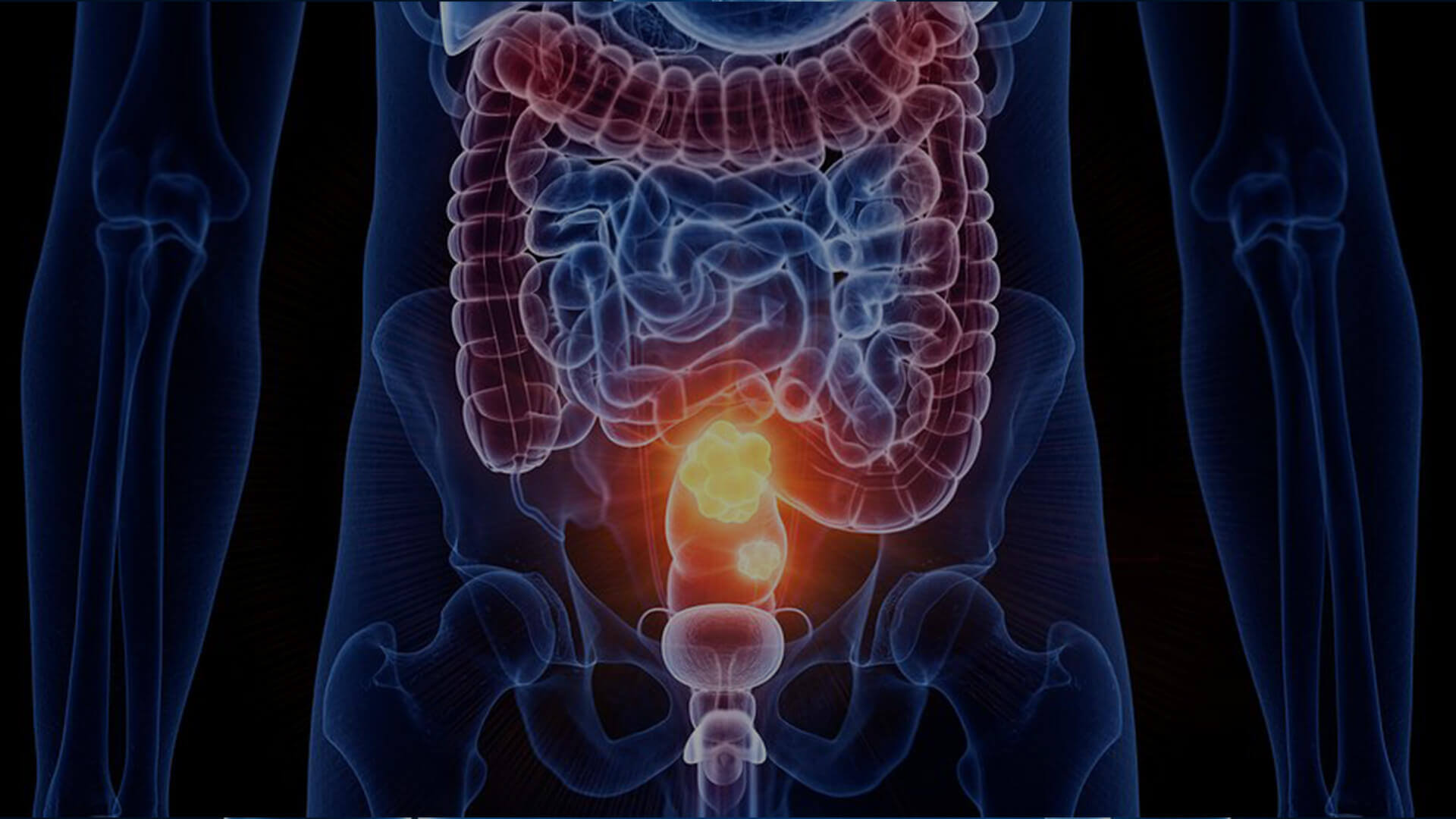The mind, as we know, can influence the functioning of the digestive system. From the feeling of “butterflies in the stomach” to the intestinal manifestations of states of stress, emotions can trigger the most diverse gastrointestinal symptoms. But this association is two-way, and what happens in the gut can also affect mood and behavior.
The condition of the population of microbes living in the intestine (the microbiota) is reflected in the brain with moods, changes in behavior and responsiveness to stress.
Studying the intestinal bacterial flora with a microbiome analysis can unmask and help correct any alterations to promote not only physical but also psychological well-being.

